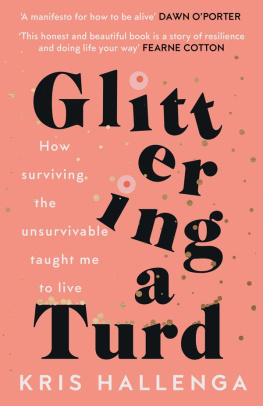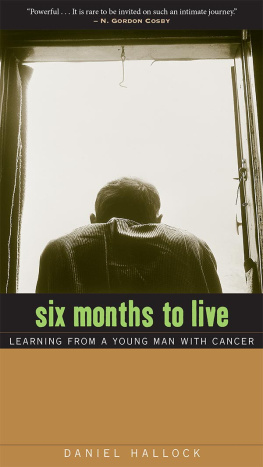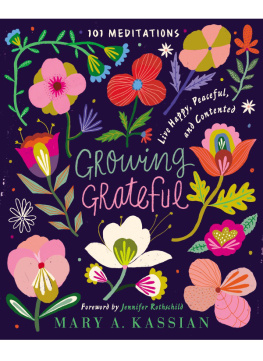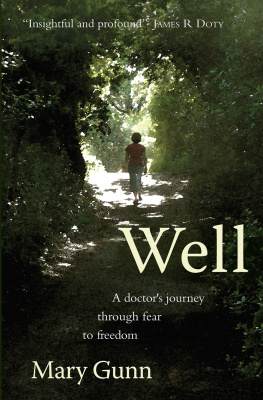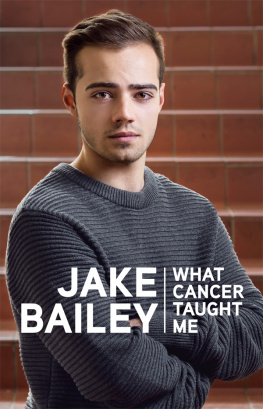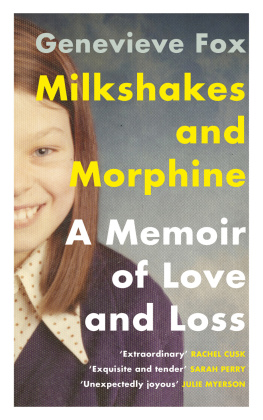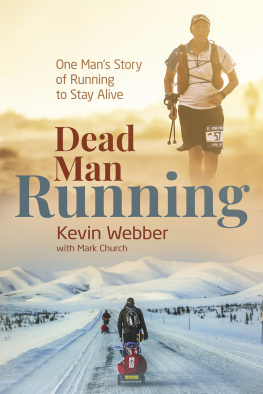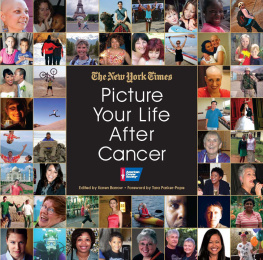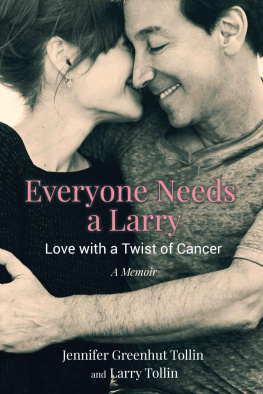
For Herbie. For reassuring me that life can,
and will, go on.
You cant polish a turd, but you can roll it in glitter
Contents
I did not expect to be diagnosed with breast cancer at twenty-three. I also did not expect to write a book about it during a global pandemic. But here we are. If theres something to learn from life (aside from its unpredictability) its that turds come in varying shapes, sizes and guises. You might find this hard to believe after the shitshow that was 2020, but even the most unpolishable turds are glitterable lets face it, that stuff gets everywhere. This is the story of someone who glittered hers (thats a plural I got greedy) and decided it was worth sharing with the world in the hope it helps others find greater meaning too.
But I do have a tiny confession. I set off to write this book in a bid to help you, the reader, not really fully appreciating that it would help heal the one person I thought was already healed: me. I had every intention to write this purely for your sake (youre welcome), I wanted so badly to move people (like Oprah), but throughout the process I realised that I was doing the very thing that all this was supposed to have taught me I didnt need to do: namely, please others. My cancer diagnosis was a harsh lesson to stop expending all my energy on everything and everyone, and go inwards. This book forced me to do the same. This book has become a manual into my inner workings. This book helped me discover me . In aiming to show you all the meaning Id discovered, all I found was the inner workings of yours truly.
However , on my journey to that epiphany I leave a trail of breadcrumbs (or glitter you decide) that I think will help you too, because the truth is that we all have turds that need glittering, and sometimes it helps to follow someones already trodden path. Are we done with the turd analogy now? OK, lets go...
Is there anyone here with you today?
I thought that was a pretty odd question for the nurse to ask me as I waited for my breast clinic appointment on that Thursday morning in 2009. My mums just coming, I replied. Shes parking the car. As per usual, the car park was full and we Hallengas have a tendency to be on time to things never early, not usually late, just on time so it didnt give us the chance to hunt for a space before having to get to my appointment. That question was unsettling, but so too was our cat, Lucky, coming to sit on my lap before we left the house. This wasnt something he normally did, especially since hed already been fed.
In her book The Year of Magical Thinking , Joan Didion writes confronted with sudden disaster we all focus on how unremarkable the circumstances were in which the unthinkable occurred. Unremarkable maybe, but every aspect of that day is so vivid and so indelibly etched into my brain even now.
I was feeling a little the worse for wear. Id spent the previous night in Birmingham with a friend getting unreasonably happy on midweek cocktails. The day before had been my dead fathers birthday, and was also the anniversary of the day my sort-of-ex-boyfriend and I had got together a few years before. I was, in other words, drinking to forget. I wondered whether my sore head made me misjudge the weather and thus my outfit choice. For some reason Id decided to wear a miniskirt, with tights and high boots and an oversized belt (a fashion faux pas I somehow forgot to leave in the 1990s), a T-shirt and a long cardigan that Id bought at Urban Outfitters in the sale the day before. It was a windy, chilly day; it would be it was February.
Without waiting for my mum to arrive, the nurse took me into the tiny, clinical consultation room. It was cold. I was cold. She sat me on the one and only chair. As I waited for the consultant to come in, I wondered where he would sit. Would he lean or sit on the bed? Or should I, as the patient, sit on the bed? I mean, was I even a patient? I wasnt sick. This could get awkward , I thought. Before I could make any seating changes, he walked in, with an unexpected entourage. There was a registrar and two nurses, making the already small room feel even more airless. We swiftly got through the pleasantries and on to the main event: biopsy results.
I was concerned about the fact your grandma had breast cancer at a young age. I am sorry. Its not good news. You have breast cancer.
WHAT.
JUST.
HAPPENED?
I was partly still stuck on the fact he was concerned about my grandma having breast cancer when she was thirty. When Id first told him, hed dismissed that detail pretty swiftly it was apparently not a strong enough link; one family member isnt enough to increase risk. I couldnt bring this up with him now, though; in fact, I couldnt find any words at all. What could I possibly say? In my head I was saying what? and shit and how? again and again. I felt like my breath had been sucked out of me. I was sobbing; I felt nauseous; I felt faint; I wasnt really there. I was there physically, but somehow I was watching it all happen from the outside of my body. I felt like a surveillance camera hanging from the corner of the room, capturing a life being shattered.
The next thing I knew, Mum was in the room. She could, of course, tell from my distraught face that I had just been told some pretty horrendous news. The doctor repeated what hed told me. And Mum burst into tears. I remember her first words like Im still there: It should be me, not you.
In interviews its always one of the first questions I get asked: How did it feel to be diagnosed? But I dont really know I cant describe it well enough. I mean, I could use a lot of expletives. One hundred and fifty women per day (thats about one woman every ten minutes) are told the same news I was told that day, and how I describe that moment would probably be no different from the way they would. It was simply shit . And more than that, it was baffling. I was baffled that this was the first time the word cancer had come up, and my journey to this very moment made this all the more bewildering, too.
So lets rewind, shall we?
My relationship with my boobs was a pretty normal one. I could never understand the fuss girls made about having small ones or too-big ones. I guess I was lucky; I just had fairly normal-sized ones. My boobs and I were, in short, ticking along in life just fine. I never got a bra fitted; like many puberty topics that Mum never broached with us, the subject never came up, so it was more of a fend-for-yourself situation. So I made the (I thought) excellent decision to upgrade from my white vest to buying my first underwired bra from Next myself. It had a cat on it.
But when I was with my first boyfriend aged seventeen, I started to notice my boobs more. I noticed that my left one was smaller than my right. I was with a boy who couldnt give a hoot; I could have had cyclops boobs for all he cared he adored me. But it started to bother me, and so when I noticed a mole growing on my right boob I thought it was a good opportunity, or rather an excuse, to visit my GP and bring up the boob-size situation. This GP would end up being the same GP who a few years later would tell me my lumpy boob was normal. And back then she thought my mole was normal (which it was) and the fact it was growing on a boob that was substantially larger than my other boob was totally normal as well. I would discuss my asymmetrical boob woes with the boyfriend, and momentarily hed make me feel better about it all, saying that I could do something about it if I really wanted. And I guess he was right. And if it had bothered me that much, I might have. But instead I got on with life.

